Schedule a Call Back
What are the biggest trends impacting farm equipment?
 Articles
Articles- May 20,22
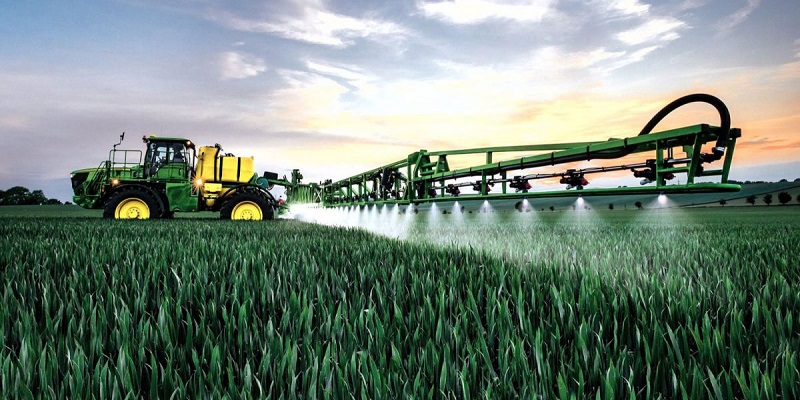
Related Stories

Is your facility ready to handle the energy demands of full automation?
As warehouses scale AI-driven automation, energy demand is emerging as a critical constraint alongside productivity gains. Strategic power planning is now essential, writes Emily Newton.
Read more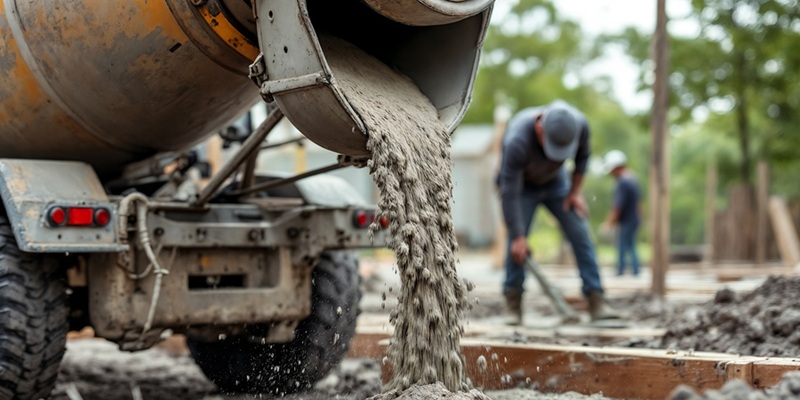
How is AI shaping the future of cement milling?
AI is transforming cement milling by enabling dynamic, data-driven control that improves energy efficiency, stabilises throughput and enhances asset reliability. By leveraging real-time data, predic..
Read more
4 Low-VOC Industrial Paints That Deliver High Performance in Tough Environments
Volatile organic compounds (VOCs) - contaminating air and water - can affect health. In this article, Emily Newton explores four high-performance, low-VOC industrial paint options that reduce harmfu..
Read moreRelated Products
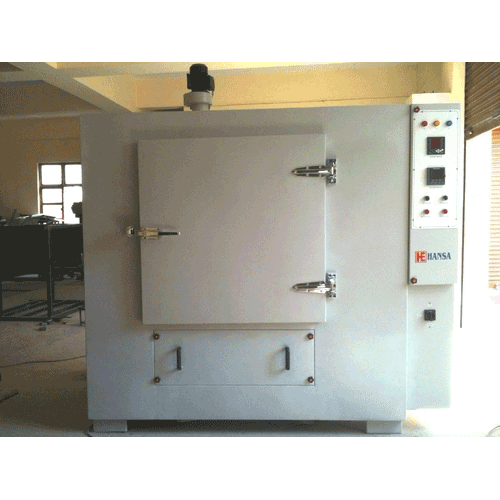
Heavy Industrial Ovens
Hansa Enterprises offers a wide range of heavy industrial ovens.
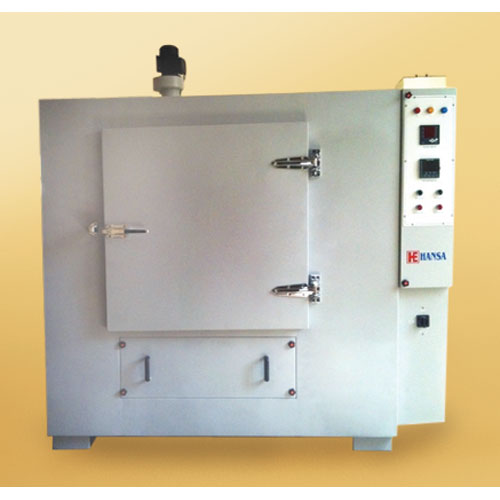
High Quality Industrial Ovens
Hansa Enterprises offers a wide range of high quality industrial ovens. Read more
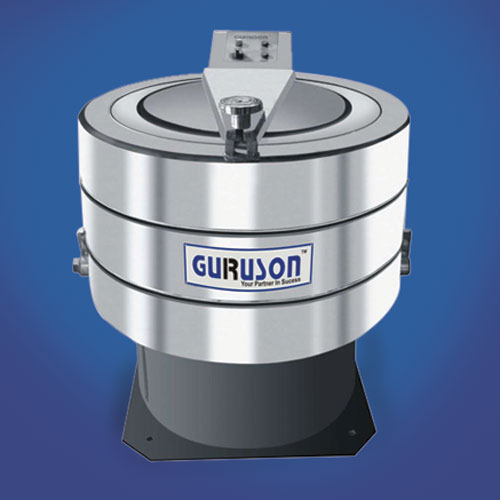
Hydro Extractor
Guruson International offers a wide range of cone hydro extractor. Read more














